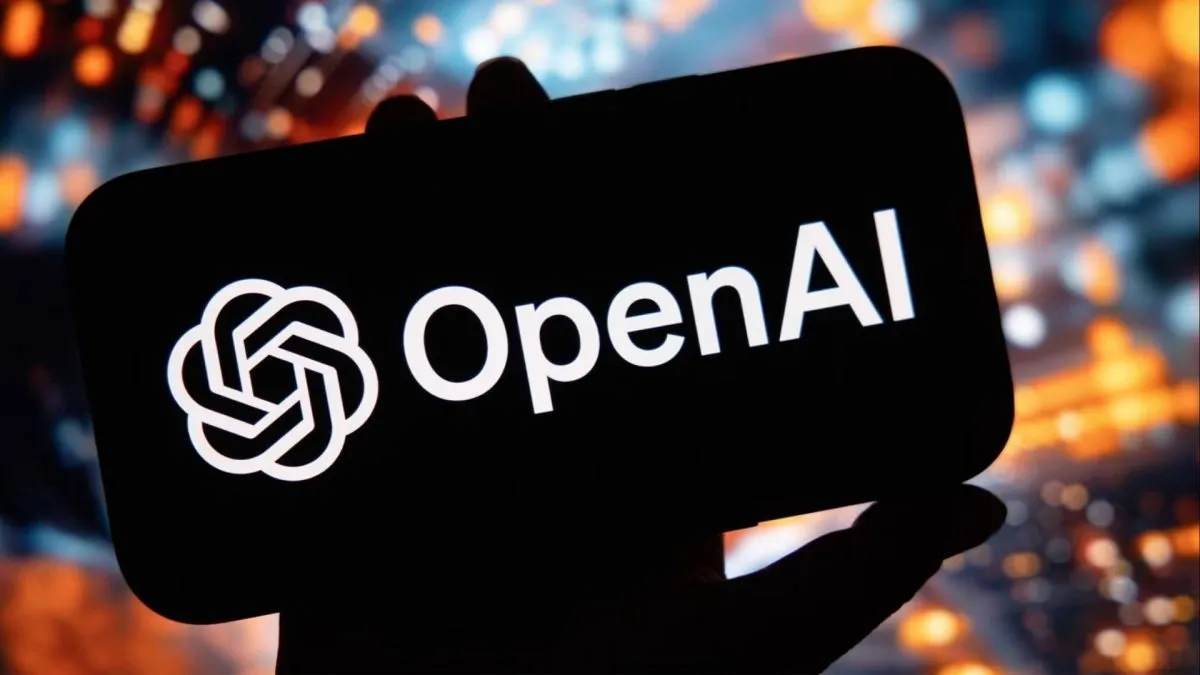Crypto Scammers Target OpenAI's Account on X with Fraudulent $OPENAI Cryptocurrency

Crypto Scammers Take Control of OpenAI’s X Account
Crypto scammers recently hacked OpenAI's account on X, resulting in the spread of fraudulent messages regarding a nonexistent cryptocurrency, $OPENAI. The hacked account, OpenAI Newsroom, was originally created for sharing legitimate updates and news.
Details of the Hacking Incident
On Monday afternoon, the compromised account began posting deceptive content about an alleged OpenAI-branded blockchain token called $OPENAI. These posts falsely indicated that OpenAI was launching this new cryptocurrency, which supposedly offered users access to a share of its initial supply.
- Links to a phishing site mimicking OpenAI's official page.
- A misleading button urging users to connect their wallets.
The fraudulent communication included a link to a phishing website, identified as “token-openai.com,” designed to mislead users into sharing their wallet credentials via a prominent “CLAIM $OPENAI” button.
As of the last report, the malicious post and phishing site remain active. It is important to note that, to avoid detection, comments on the post have been disabled.
History of Crypto Scams Targeting OpenAI
This incident is not isolated; similar hacking attempts occurred in June 2023 involving OpenAI's CTO, Mira Murati, as well as other high-profile X accounts associated with the organization. Previous scams have targeted numerous public figures, raising significant concern over the rising number of such incidents.
The Growing Threat of Cryptocurrency Scams
According to reports, cryptocurrency scams have become an alarming financial threat, costing Americans approximately $5.6 billion in 2023, up 45% from the previous year. With the FBI warning of an escalation in these scams, over 50,000 have been recorded this year alone, totaling losses near $2.5 billion.
This article was prepared using information from open sources in accordance with the principles of Ethical Policy. The editorial team is not responsible for absolute accuracy, as it relies on data from the sources referenced.